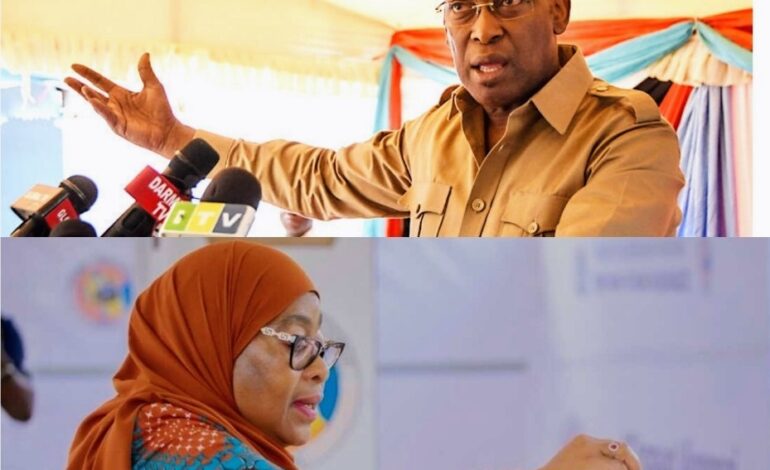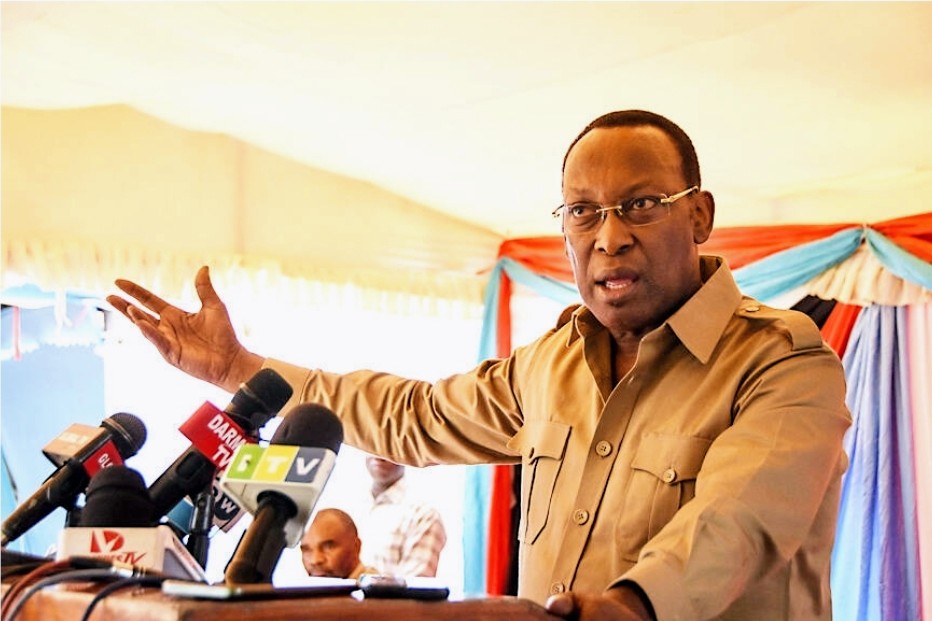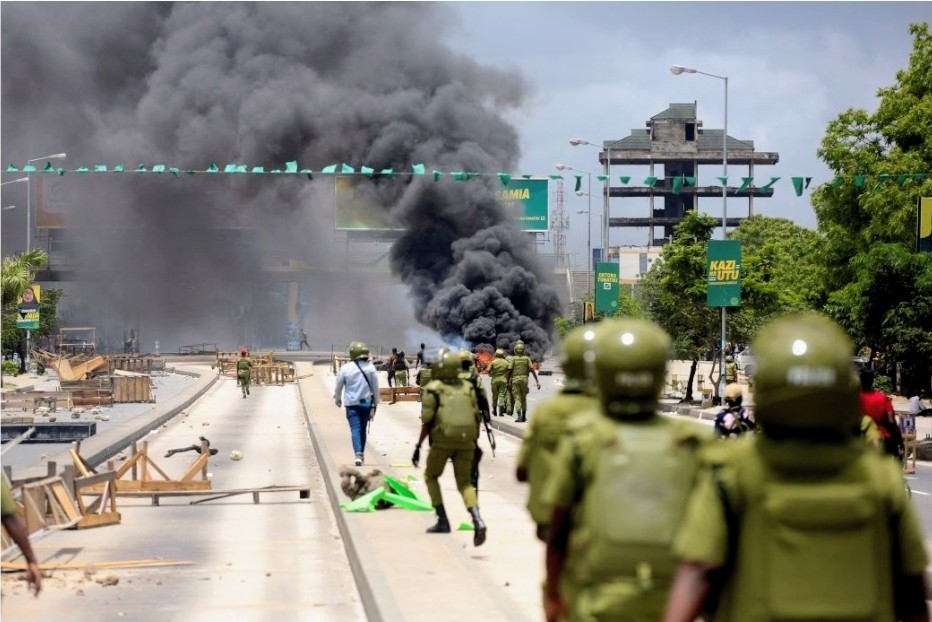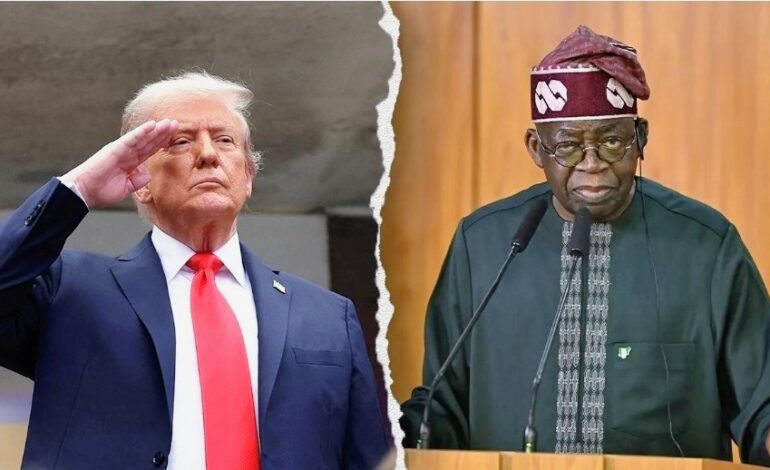
Wayne Lumbasi
Tanzania’s main opposition party, CHADEMA, has rejected the outcome of the country’s presidential election, saying the process was deeply flawed and tainted by violence that has left many citizens dead. The rejection comes amid growing outrage over the government’s handling of protests that erupted after the electoral commission declared President Samia Suluhu Hassan the winner.
The election commission announced that Hassan had secured an overwhelming 98% of the vote, extending her leadership under the long-ruling Chama Cha Mapinduzi party. The result was met with celebrations from government supporters but was swiftly dismissed by opposition figures who claim the vote was rigged.
CHADEMA leader Freeman Mbowe accused the government of manipulating results and silencing opposition voices through arrests and intimidation. “This election cannot be recognized as legitimate. It was a stolen process that cost the lives of innocent Tanzanians,” Mbowe told reporters in Dar es Salaam.

Reports from local media and human rights groups indicate that dozens of protesters were killed when security forces moved to disperse demonstrations in several cities, including Mwanza, Arusha, and the capital. Witnesses described scenes of panic as police fired live rounds and used tear gas to break up gatherings. Opposition offices were also raided, and several party officials remain in custody.
Government officials have denied claims of excessive force, saying the protests were unlawful and that police acted to protect lives and public property. A spokesperson for the Ministry of Home Affairs stated that “security agencies acted professionally and only intervened when demonstrators became violent.”
In her victory speech, President Hassan praised Tanzanians for “a peaceful and transparent election” and said the result reflected the people’s trust in her leadership. She pledged to prioritize national unity, economic growth, and social welfare, while warning that those spreading “false narratives and inciting violence” would face consequences under the law.

The election, held on October 29, was one of the most closely watched in Tanzania’s recent history. It was seen as a key test for President Hassan, who took office in 2021 following the death of her predecessor, John Magufuli. While she had promised to open up political space and strengthen democracy, critics now argue that her government has become increasingly intolerant of dissent.
As Tanzania faces mounting pressure from home and abroad, the aftermath of this disputed election has left the nation at a crossroads. While the ruling party celebrates a decisive victory, the opposition insists that democracy has been undermined and that the voices of millions have been silenced.
RELATED NEWS
CENSORSHIP, INTIMIDATION, AND FEAR: THE NEW FACE OF TANZANIAN DEMOCRACY








